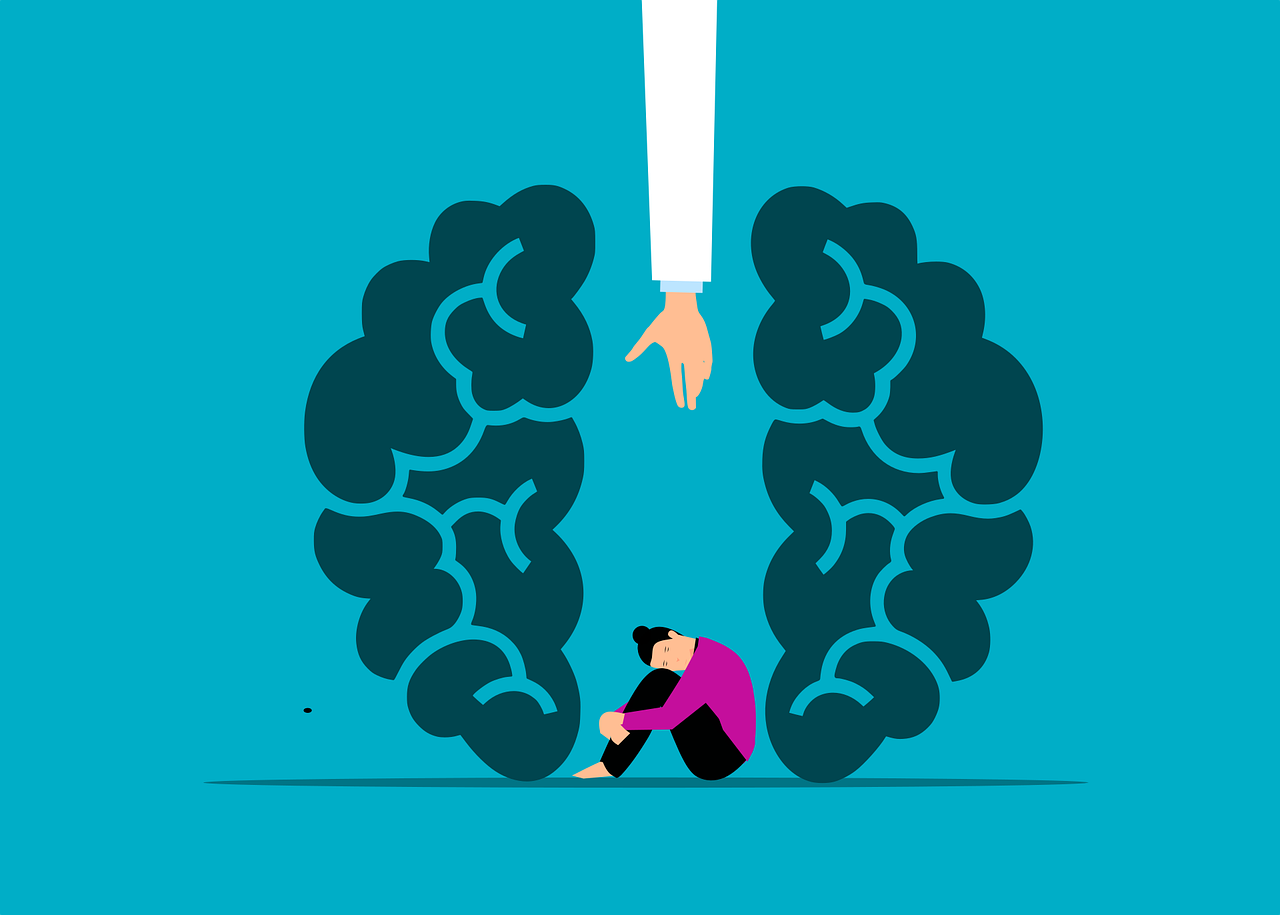Obsessive-compulsive disorder (OCD) is widely misunderstood. Characterized by overwhelming, obsessive thoughts and compulsions, diagnosis of this disorder can take years, if properly diagnosed at all. Beyond the depictions in pop culture of someone avoiding shaking someone’s hand, knocking a certain number of times, or being a general “germaphobe,” OCD is a disorder that can show up in dozens of ways and often has grave implications for someone’s life and well-being.
Whether you’re living with OCD or supporting someone with the condition, click on for some important facts about OCD you should know.
OCD is a serious mental disorder
People who have OCD experience recurring, unwanted thoughts, ideas, or obsessions that make them feel driven to do something repetitively. Obsessions are persistent thoughts, urges, or impulses that people try, but often fail, to suppress. Compulsions are repetitive behaviors or thoughts that people with OCD feel compelled to perform. If they don’t carry them out, they can experience overwhelming feelings of anxiety and fear.
A lot of people have OCD
The National Institute of Mental Health (NIMH) estimates that 1.2% of adults in the US have OCD. Chances are that you know someone with OCD. People with OCD often feel ashamed of their obsessive thoughts and behaviors, and may struggle try to hide their compulsive behavior.
OCD isn’t a joke



